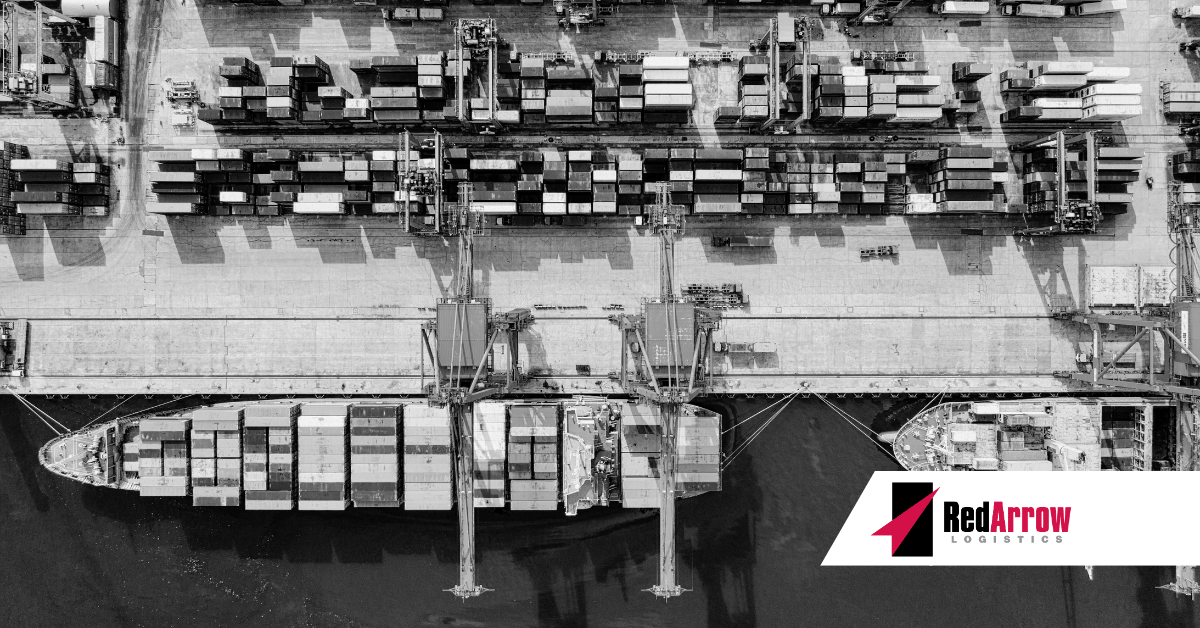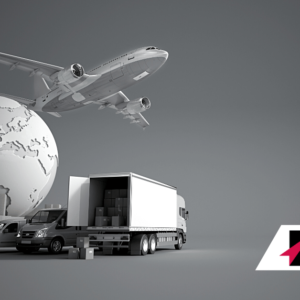The United States is contemplating significant regulatory measures aimed at revitalizing its domestic shipbuilding industry and reducing reliance on Chinese-built containerships. While the intention is to bolster national economic security, these proposed regulations could profoundly impact the ocean freight industry, potentially leading to increased costs and operational challenges for various stakeholders.
Proposed Regulatory Measures
The Trump administration is considering imposing substantial fees on Chinese-built vessels docking at U.S. ports, with charges ranging from $500,000 to $1.5 million per port call. These fees would apply to both existing Chinese-built vessels and future orders, affecting approximately 98% of the global fleet. The objective is to encourage investment in U.S. shipbuilding and reduce dependence on foreign-built ships.
Industry Opposition
A broad coalition of American businesses, including farmers, dockworkers, and shipowners, has voiced strong opposition to these proposed fees. Critics argue that the measures would increase shipping costs, disrupt supply chains, and lead to higher prices for consumers. The American Petroleum Institute, for instance, warns that such fees could undermine the U.S.’s energy dominance by raising shipping expenses and reducing competitiveness.

Potential Economic Implications
Implementing these fees could have far-reaching economic consequences. Higher shipping costs may lead to increased freight rates and lower profit margins for U.S. exporters. Industries reliant on global shipping, such as agriculture and energy, could face reduced competitiveness in international markets. Additionally, the lack of current U.S.-built vessels suitable for international commercial shipping poses a significant challenge to transitioning away from foreign-built ships.
Strategic Considerations
While the goal of enhancing U.S. shipbuilding capabilities is strategically sound, the immediate economic trade-offs must be carefully evaluated. Balancing national security interests with economic realities is crucial to ensure that measures intended to strengthen the U.S. maritime industry do not inadvertently harm the broader economy.
The proposed regulations targeting Chinese-built containerships represent a pivotal shift in U.S. maritime policy. Stakeholders in the ocean freight industry should closely monitor developments and prepare for potential adjustments to their operations. Engaging in dialogue with policymakers to address concerns and explore viable solutions will be essential in navigating this evolving regulatory landscape.
Your Trusted Partner
At Red Arrow Logistics, we help businesses navigate the complexities of global trade and ocean freight. Our expertise in supply chain optimization, customs compliance, and logistics solutions ensures that your business stays competitive in an ever-changing trade environment.
Red Arrow offers the scale and scope of services including air, ocean, and ground transportation to meet the budget and schedule requirements of the largest and smallest companies alike. If we can be of assistance, please email us at info@redarrowlogistics.com or give us a call at 425-747-7914.




